The Pros and Cons of Various Energy Types

Energy can neither be dismissed nor be developed, but it can be transformed from one formation to another and all types of energy comes with a pro and a con. Here is the list of that.

1. Solar Energy:
- Pros: Low maintenance is needed; do not spread noise, air and water pollution; availability is there; it’s a renewable source of energy; sustainability.
- Cons: Expensive in cost; solar panels forms harmful gases; expensive to make; requires large area.
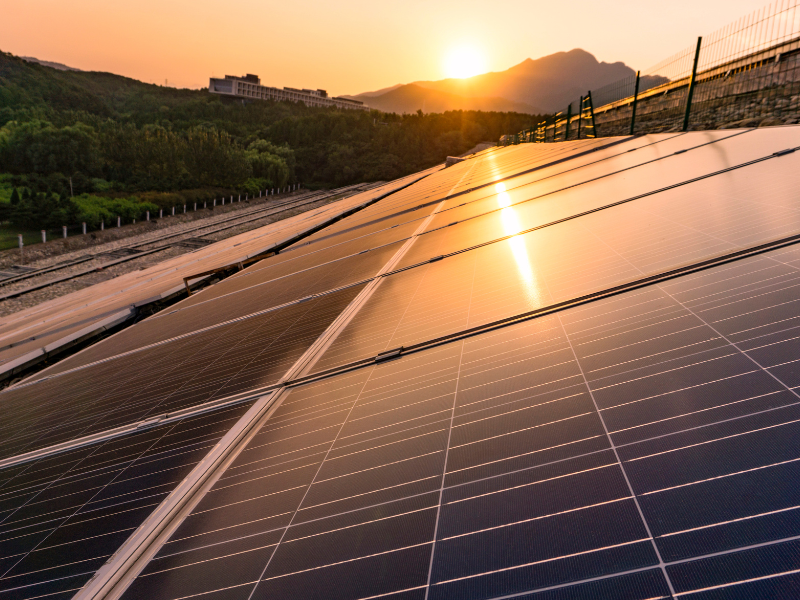
2. Geothermal Energy:
- Pros: Requires fewer amounts of toxic gases; doesn’t require fossil fuels; renewable resource of energy; apply the concept of heating and cooling; reliable.
- Cons: Highly Expensive costs are involved; it may causes earthquakes; reservoirs may get exploited.

3. Hydropower Energy:
- Pros: Doesn’t need much effort; doesn’t form pollution; it’s a reliable source of energy; flexibility is there.
- Cons: It is costly; creates an imbalance in marine life; changes the temperature; people and animals are forced to dislocate; the whole setup may get destroyed by drought.
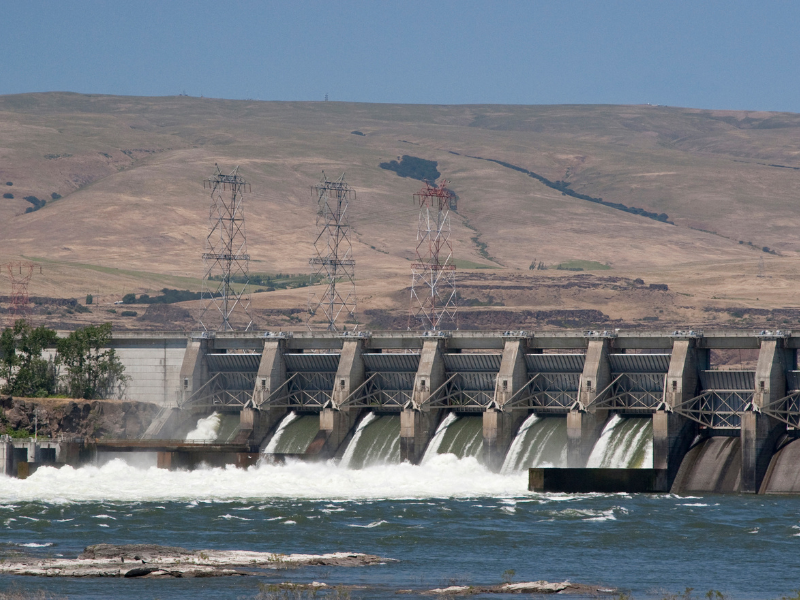
4. Nuclear Energy:
- Pros: Lesser cost for operations; efficient as compared to fossil fuels; no or very least amount of carbon emissions.
- Cons: Huge amounts of radioactive waste is generated; capital cost is effective; uranium is finite in amount; wastes form pollution; nuclear waste can form health problems.
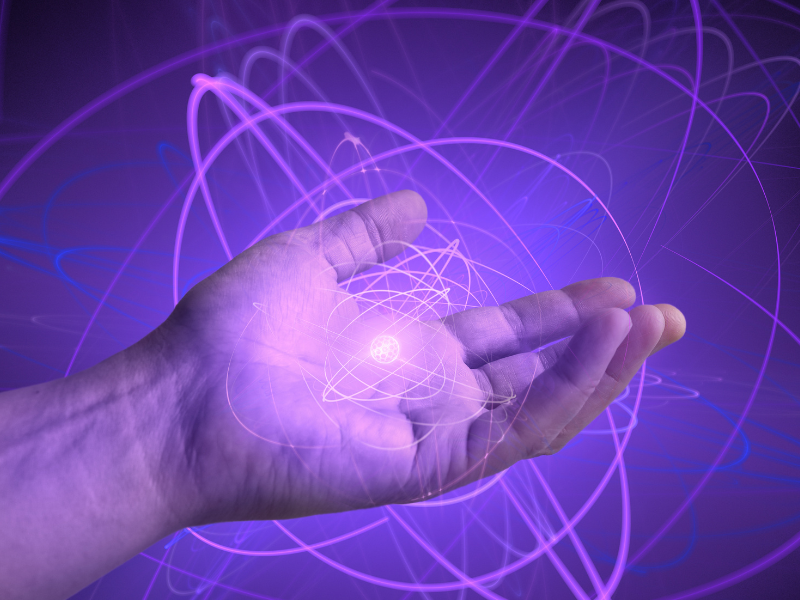
5. Wind Energy:
- Pros: Clear source of energy; space efficient; lesser operating costs; potential is huge for power generation; fuel is available worldwide; renewable and sustainable source of energy.
- Cons: Investment is huge; huge noise pollution; biological impacts are there; it harms birds; maintenance cost is huge; can’t be operated if there is no flow of wind.

6. Tidal Energy:
- Pros: Renewable energy source; effective and long lifespan; prevents coastal region in high tides; no emission of greenhouse gases.
- Cons: It is highly implemented and costly; it can’t compete with energy emitted from fossil fuels; can’t operate if there is no high tide; it forms disturbance to marine life.

7. Biofuel Energy:
- Pros: Develop from wastes; less pollution occurs as compared to other fossil fuels; it is cheap and effective; renewable source of energy; not much penny and investment is needed.
- Cons: Develops greenhouse gases; less efficient than fossil fuels; production cost is high as compared to fossil fuels.
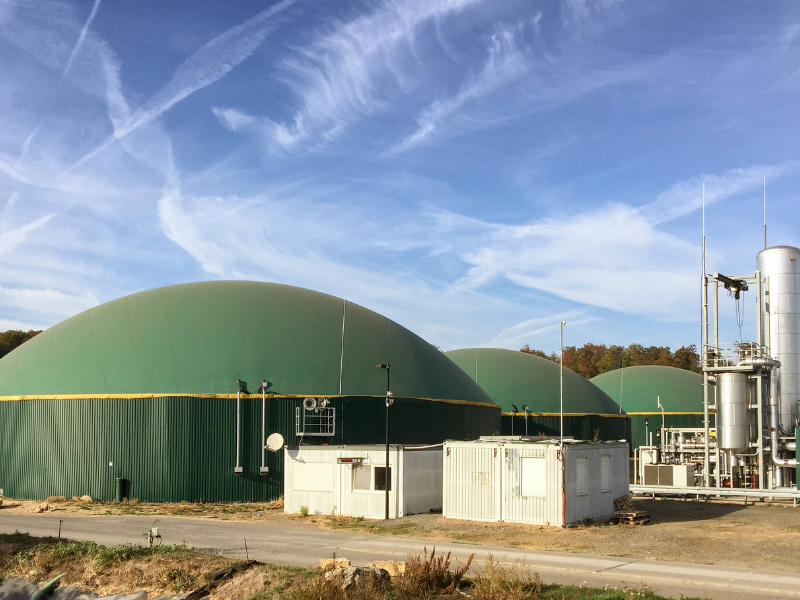
8. Coal Energy:
- Pros: It is present in high amounts; cost is very affordable; extraction process doesn’t need any tough or technical skills.
- Cons: Impact on environment is high; forms huge pollution; though it is available in huge amounts but still it is finite; byproducts such as- mercury, selenium and sulfur are harmful.

9. Petroleum Energy:
- Pros: Present almost all over; reliable source of energy; doesn’t need much investment.
- Cons: It causes pollution; improper disposal of oils can form damage; drilling affects the local wildlife habitat; develops greenhouse gases; causes erosion.

10. Hydrogen Energy:
- Pros: It uses the latest technology; comparatively cheaper;needs less carbon hence, less pollution.
- Cons: Damages the environment; fuel efficiency is less; produces greenhouse gases; indirectly needs fossil fuels.
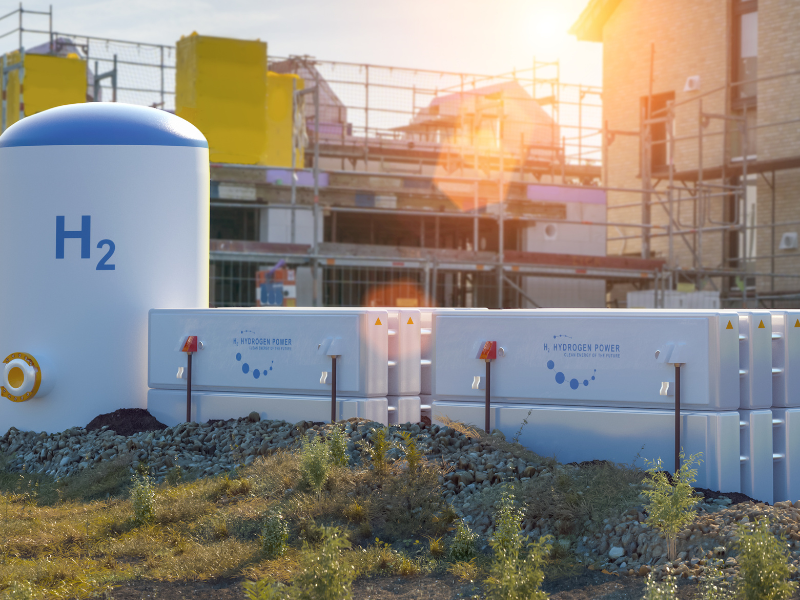
Some of them are conventional methods while many of them are non-conventional methods, encouraging the use of the latest methods which cause less harm to the environment.

